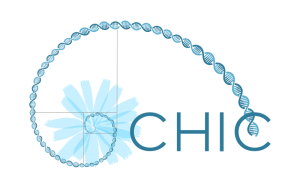Postdoctoral position available at Lille University
A postdoctoral position is available in the group Evolutionary genomics of plant mating systems of the Evolution, Ecology, and Paleontology laboratory of the Lille University, directed by Prof Dr Xavier Vekemans.
Within the group, the Asteraceae self-incompatibility team, headed by Prof Dr Theo Hendriks and Dr Marie-Christine Quillet, studies the molecular-genetic mechanism underlying sporophytic self-incompatibility (SSI) in Asteraceae, using chicory (Cichorium intybus L.) as a model. In SSI pollen tube germination of pollen from the same plant is inhibited as the result of the recognition of self-pollen by the stigma. In chicory, SSI is under genetic control of a single multi-allelic locus, the S-locus, harboring genes encoding the stigma and pollen determinants involved in the recognition. Genetic, genomic, transcriptomic, and population genetic analyses have allowed the identification of an S-locus candidate gene for the stigma determinant, and similar approaches to identify a candidate gene for the pollen determinant are in progress.
The major task of the successful applicant is to validate the role of S-locus candidate genes in chicory by complementation and knock-out strategies.
The project is part of a work-package in the EU H2020 project CHIC (2018-2023) that aims to develop chicory as a multipurpose crop for dietary fibre and medicinal terpenes using new plant breeding techniques and in which the development of self-compatible chicory is an important step.
The successful applicant will be member of a multi-disciplinary team consisting of molecular and population geneticists and evolutionary biologists.
What we ask for
– A PhD in molecular biology or molecular genetics
– Experience and practical skills in plant in vitro culture techniques
– Experience in the application of a range of molecular biology methods, ideally including genetic transformation techniques in non-model plants
– Ability to work both independently and as part of a team.
– Ability to communicate effectively with team members and collaborators (French and English)
What we offer
– A fixed-term position for two years, with the possibility of a one year extension.
– Salary will commensurate with experience and includes full social benefits.
– Excellent laboratory and greenhouse facilities
– Stimulating scientific environment with colleagues having longstanding experience in SSI in Brassiceae and other mating systems (androdioecy, gynodioecy)
Interested candidates should send a CV, a cover letter describing research experience and interests, and contact information for at least two references to: theo.hendriks@univ-lille1.fr


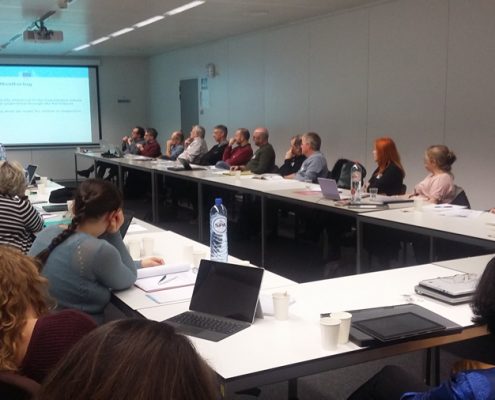
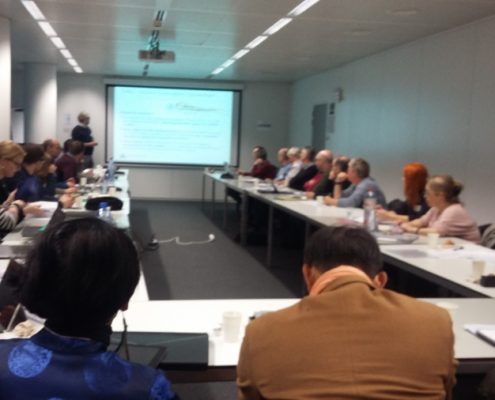
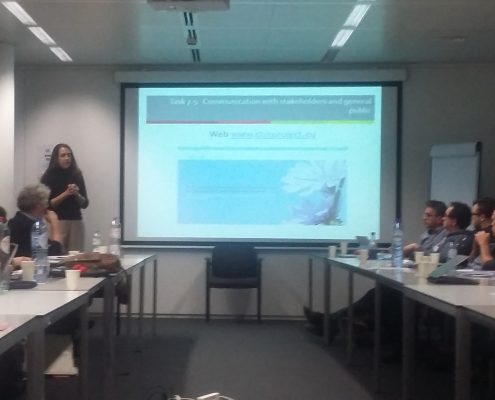
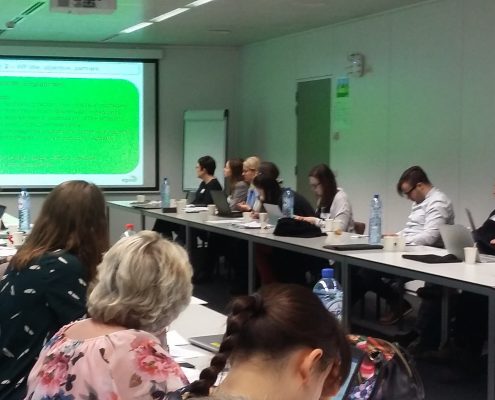
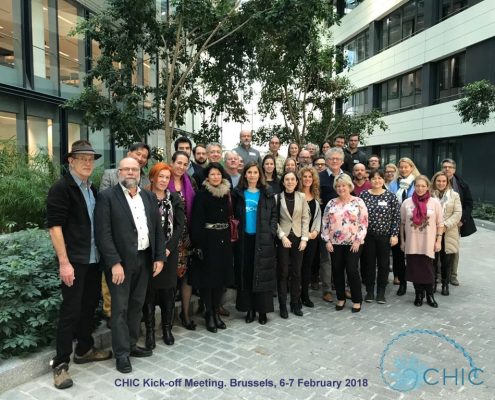

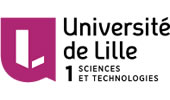
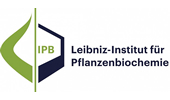
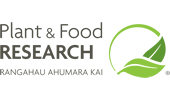
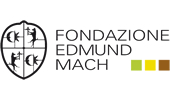

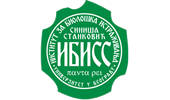
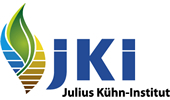

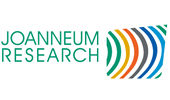
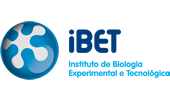




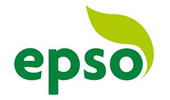
 This project has received funding from the EU Horizon 2020 research & innovation programme under grant agreement N. 760891.
This project has received funding from the EU Horizon 2020 research & innovation programme under grant agreement N. 760891.